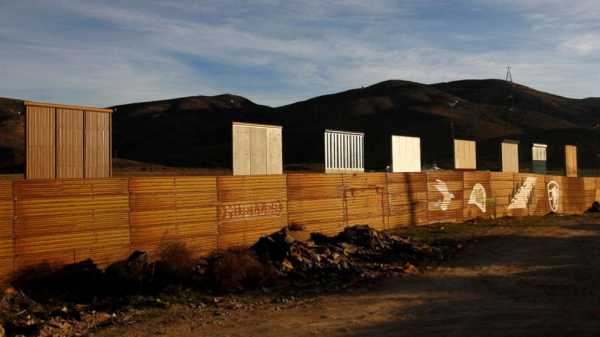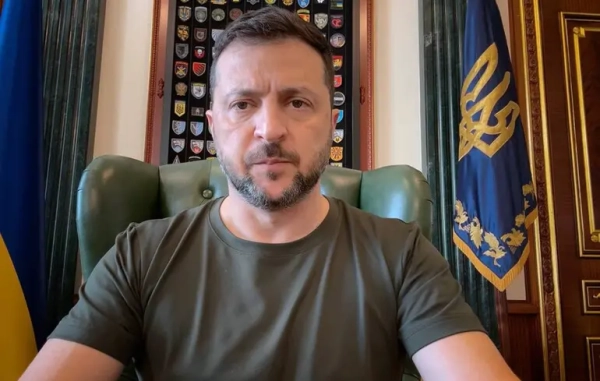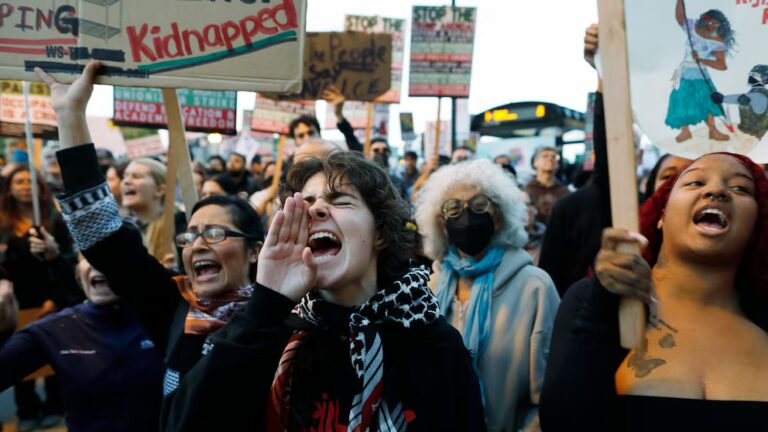
In order to expedite construction, DHS issued waivers to numerous laws and regulations, including the Endangered Species Act, the Clean Air Act and the Safe Drinking Water Act.
In his ruling, Curiel wrote: “The [DHS] Secretary is granted broad discretion in determining how to “achieve and maintain operational control” of the border.”
Curiel said the court is aware the subject of the lawsuits is “currently the subject of heated political debate.”
President Trump’s history with Judge Gonzalo Curiel
Trump administration begins testing border wall prototypes
“However,” he wrote that “in its review of this case, the court cannot and does not consider whether underlying decisions to construct the border barriers are politically wise or prudent.”
Prior to the Trump administration, the last border construction waiver issued by DHS was ordered by Bush-era Secretary of Homeland Security Michael Chertoff in 2008, according to Customs and Border Protection (CBP).
Trump tweeted about the ruling, referring to Curiel only as a “U.S. judge.”
Trump has directly attacked Curiel, who also presided over two of the three lawsuits involving the now-defunct Trump University.
Trump told Fox News last February that Curiel had been “extremely hostile” toward him, and alleged with no evidence that Curiel was biased against him because of Trump’s political positions on immigration.
“I think it has to do with, perhaps, the fact that I’m very, very strong on the border – very, very strong on the border,” Trump said at the time. “He has been extremely hostile to me. Now, he is Hispanic, I believe.”
In an interview with CNN last summer, Trump doubled down on his criticism of Curiel, saying that his comments were not racist. “He’s a Mexican. We’re building a wall between here and Mexico.”
Trump later walked back his comments, saying in a statement that they were “misconstrued as a categorical attack against people of Mexican heritage.” Trump added: “I do not feel that one’s heritage makes them incapable of being impartial, but, based on the rulings that I have received in the Trump University civil case, I feel justified in questioning whether I am receiving a fair trial.”
Curiel, who was born and raised in Indiana, briefly mentioned his U.S. roots, in the court order, citing “fellow Indiana native Chief Justice Roberts” when addressing a case surrounded by political disagreement.
Curiel pointed to a statement from Roberts that said, “Court[s] are vested with the authority to interpret the law; we possess neither the expertise nor the prerogative to make policy judgments. Those decisions are entrusted to our Nation’s elected leaders, who can be thrown out of office if the people disagree with them.”
Sourse: abcnews.go.com






